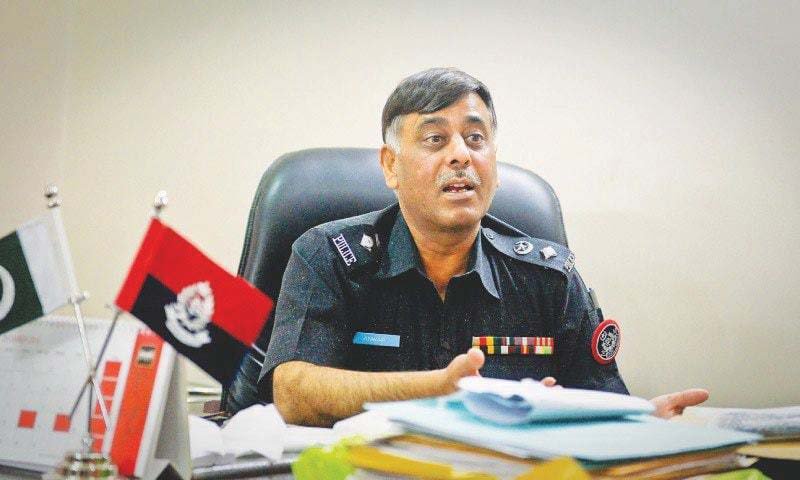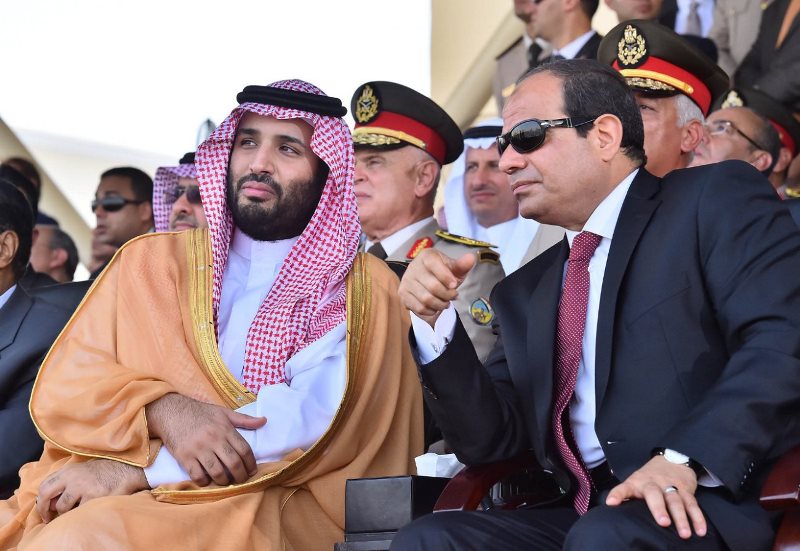Views on News for 6-4-2011
Titles:
- Gold hits new record
- French governments launches tirade against Muslims
- Jewish state bombs Sudan
- GCC states condemn Iran’s blatant interference in Kuwait’s affairs
- No One Rigs an Election Quite Like Kazakhstan
- US critical of Pakistani efforts to defeat the Taliban
News Details:
Gold hits new record
A rush into safe haven assets propelled gold prices to a new record settlement and intra-day high on Wednesday. Gold for June delivery, the most actively traded contract, climbed $6 to settle at $1,458.50 an ounce on the Comex division of the New York Mercantile Exchange. The precious metal hit an intra-day high of $1,463.70 an ounce. Analysts are now predicting gold will hit $1,500 in the next few months amid concern about the Middle East, rising inflation, financial stability in Europe and the Federal Reserve’s ultra loose monetary policy.
French governments launches tirade against Muslims
The interior minister Claude Guéant attacks Muslims of France. His comments were made on the eve of a debate within his party, the UMP, on Islam and secularism in France. The debate, organised by party leader Jean-François Copé, is itself controversial, with many party figures finding excuses not to attend, including Prime Minister François Fillon. “The question worries our citizens: there are many who think the rules of secularism are being stretched,” said Guéant on a trip to Nantes. “In 1905 [the year the separation of church and state was brought into law] there were few Muslims in France, today there are between five to 10 million…This growth of believers and certain types of practices pose problems. It is clear that prayers in the street shock a certain number of people and the leaders of major religions know that this type of practice affects them negatively,” he said.
Jewish state bombs Sudan
A senior IDF official confirmed that Israel was responsible for the deadly air strike on a car in Port Sudan, Time magazine reported on Wednesday. “It’s not our first time there,” the official reportedly told Time, referring to a 2009 attack in which the IDF destroyed a convoy near Sudan’s border with Egypt. According to the Sudanese, an aircraft approached Sudan from the Red Sea and bombed the rental car about 14 kilometers south of Port Sudan. The two men had reportedly just landed in Sudan an hour earlier. Sudan’s Foreign Minister Ali Karti on Wednesday accused Israel of carrying out an attack on Tuesday near Port Sudan that killed two people and said Khartoum reserved the right to react to the aggression. He said Israel undertook the attack to scupper Sudan’s chances of being removed from a US list of state sponsors of terrorism. “This is absolutely an Israeli attack,” he told reporters.
GCC states condemn Iran’s blatant interference in Kuwait’s affairs
GCC foreign ministers on Sunday condemned Iran’s “blatant” interference in the State of Kuwait’s internal affairs, accusing Iran of “planting espionage networks on [Kuwait’s] territory” to undermine the country’s security and stability and the interests of its citizens. In a statement issued at the conclusion of their extraordinary one-day meeting, the foreign ministers commended Kuwait’s security bodies for uncovering the sleeper cell of spies believed to be working covertly on Iran’s behalf. The ministers also affirmed their support for all the measures taken by the State of Kuwait to protect its national security.The statement further noted that the senior government officials had expressed concern at what they called “continuous Iranian interference in the domestic affairs of the GCC countries, by conspiring against [those nations’] national security … and [instigating] sectarian sedition between their [GCC countries’] citizens, independence, principles of good neighborliness, international laws, the Charter of the UN and OIC.” The foreign ministers also welcomed the return of calm and stability to the Kingdom of Bahrain, praising the spirit of the Bahraini people who it said had sought the country’s higher interests.
No One Rigs an Election Quite Like Kazakhstan
On Sunday, Nursultan Nazarbayev won reelection as president of Kazakhstan, a nation he has ruled since it was a republic of the Soviet Union, with 95.5 percent of the vote against an undistinguished field of three no-name opponents. One challenger, on his Facebook page, listed the incumbent president as a “Person Who Inspires Him”; another said he voted for Nazarbayev. It may sound like a typical post-Soviet sham election, but it’s not quite. Most autocrats, post-Soviet and otherwise, just quietly go through the motions of elections, trying to draw as little attention to them as possible. Not Nazarbayev. Three days before the vote, he published an op-ed in the Washington Post titled “Kazakhstan’s steady progress toward democracy.” He sent an adviser on a tour of Western capitals to promote the election; in Washington, the adviser — modestly, it turns out — predicted Nazarbayev would win between 80 and 92 percent of the vote. Foreign election observers found evidence of ballot box stuffing and apparent multiple votes, charges that the government quickly denied. “I believe that it is the most ideal election ever in the history of all the elections,” said one presidential adviser, Yermukhamet Yertysbayev.
US critical of Pakistani efforts to defeat the Taliban
Pakistan lacks a robust plan to defeat the Taliban and its security forces struggle to hold areas cleared of the al Qaeda-linked fighters at great cost, says a critical US report which came just three months before US President Barack Obama is scheduled to announce the pace at which American troops will be withdrawn from Afghanistan. The semi-annual White House report to Congress is designed to judge progress or otherwise towards key objectives of the war in Afghanistan and operations against al Qaeda in Pakistan. The report notes a deterioration of the situation in the Federally Administered Tribal Areas (FATA) in the country’s northwest alongside the Afghan border between January and March this year. It details an operation in Mohmand Agency and Bajaur Agency that started in January to clear insurgent strongholds – the third time in two years that the Pakistani army has attempted to complete the task. It says the operation had been hampered by terrorist resistance, poor weather, the need to settle internally displaced people and the discovery of several caches of improvised explosive devices. The report acknowledges that “tremendous human sacrifices” were made by Pakistani forces in the region, but concludes “what remains vexing is the lack of any indication of ‘hold’ and ‘build’ planning or staging efforts to complement ongoing clearing operations”. “There remains no clear path toward defeating the insurgency in Pakistan, despite the unprecedented and sustained deployment of over 147,000 forces,” the Obama administration says in the report.
03 Jumada I 1432
2011/04/06





